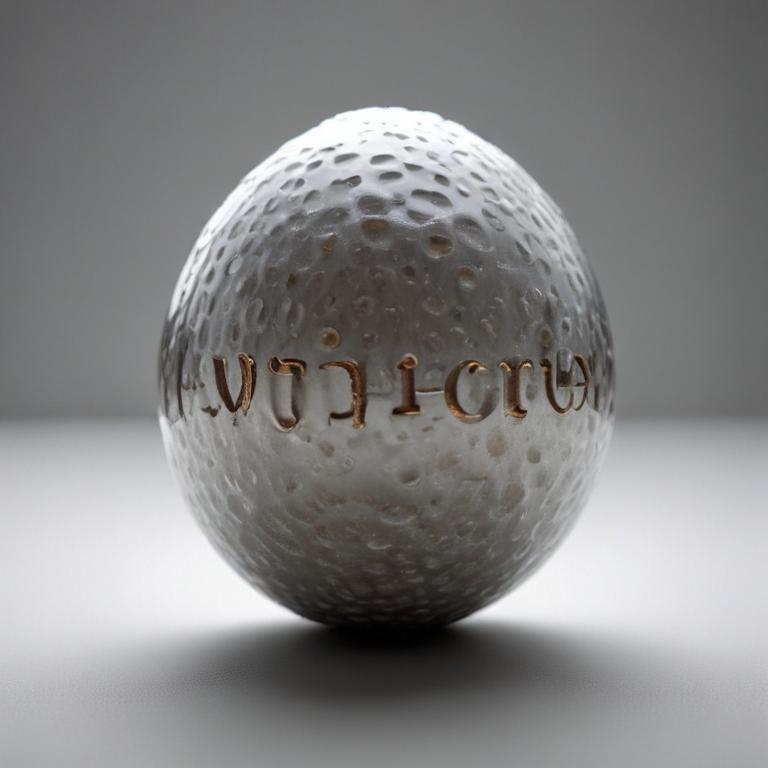发音 (Pronunciation):
IPA: /huːm/
中文近似: 乎姆
中文意思与词性 (Meanings & Part of Speech):
- 谁(用作宾格,指代人) (pron.)
- (用于引导定语从句,表示“……的人”) (pron.)
例句 (Examples):
1. To whom should I address this letter?
(我应该把这封信寄给谁?)
2. The man whom you saw yesterday is my uncle.
(你昨天见到的那个人是我的叔叔。)
用法提示 (Usage Tip):
whom 是 who 的宾格形式,在口语中常被 who 取代。在正式书面语或与介词连用时多用 whom。如 'To whom it may concern'。常见错误是滥用 whom 或本该用 who 的地方用 whom。
更多关于 "whom" (More about "whom")
单词来源 (Etymology)
whom 源自古英语 'hwām' 或 'hwǣm',是 who 的宾格形式,用于表示动作的承受者。
词根词缀解析 (Root & Affix Analysis)
whom 属于英语基础疑问代词之一,无复杂词根词缀结构,是 who 的宾格形式。
“whom”的字母与词根个性化解读
字母象形/引申义 (个性化参考)
- 字母 'w' 的象形或引申含义可能包括: 波浪 (V-W); 纹路 (V-W); 音变: W=V=U; W=Y。
- 字母 'h' 的象形或引申含义可能包括: 梯子 (象形) -> 高, 大; 手 (hand, hold); 房子 -> 隐藏; 拟声 (送气音 哈气); 音变: H=G=K=C, H易脱落。
- 字母 'o' 的象形或引申含义可能包括: 眼睛/嘴 (圆形) -> 张开, 转动; 圆柱; 音变: A=E=I=O=U=W=Y。
- 字母 'm' 的象形或引申含义可能包括: 山 (象形) -> 高大, 连接; 手 (男人劳动); 命令; 凸起 (嘴); 思维; 水面波纹; 音变: M=N=L=R; M=B=P=F=V。
学习提示:以上针对单词 whom 的字母和词根解读,主要基于提供的特定象形及词根资料。这些提示旨在启发联想,而非绝对定论。更通用的记忆规则和原则请参考首页。英语词源复杂多变,实际应用中请结合更全面的词源词典和语言学知识进行深入学习。
常用词组 (Common Phrases)
- To whom it may concern: 致相关人士
- Whom did you see?: 你见到了谁?
其他语言 (Other Languages)
- 德语: wen / wem
- 法语: qui (作宾语时或与介词连用)
字母整体创意联想
whom 整体外形像两个高高的门(w和m)中间夹着一个洞(h)和门口(o),可以想象成你去敲门,想问门后“是谁”(whom)。
逐字母创意解读
中文谐音助记
“whom 乎姆”——疑问‘乎’、找‘姆’(某人),‘who’的“母”形,宾格谁要加“姆”。
相关电影/名言
"To whom am I speaking?"
(我正在和谁说话?)
- 《碟中谍》 (Mission: Impossible, 1996)
趣味知识/故事
在现代英语口语中,whom 的使用在逐渐减少,很多母语者日常对话中都会直接用 who 替代 whom。但在正式场合、法律文件、学术写作等仍然十分常见。实际上,许多英语为母语的人在用 whom 时也会感到困惑。
拓展信息
whom 一般用作宾语,who 用作主语。例如:“Who did it?”(谁做的?),“Whom did you see?”(你见到了谁?)。
在介词后面应当使用 whom,例如“To whom it may concern”,比用 To who 正式得多。
非正式场合中,who 通常取代 whom,但在写作与演讲中建议用正确形式以显得更规范。
网络参考 (More about "whom" from the Web)
How to Use Who vs. Whom | Merriam-Webster
Learn the difference between who and whom, and when to use them correctly in questions, relative clauses, and prepositions. See examples, tips, and exceptions for this tricky grammar rule.
When to Use "Who" vs. "Whom" - Grammarly
Learn how to use who and whom correctly in your writing with this guide from Grammarly. Who is a subject pronoun for the doer of an action, while whom is an object pronoun for the recipient of an action.
Who vs. Whom | Grammar Rules and Examples - GrammarBook.com
Learn how to use who and whom correctly in sentences with this handy memory aid and examples. Avoid the common mistake of using whom when who is the correct choice.
更多图片 (whom More Images)

